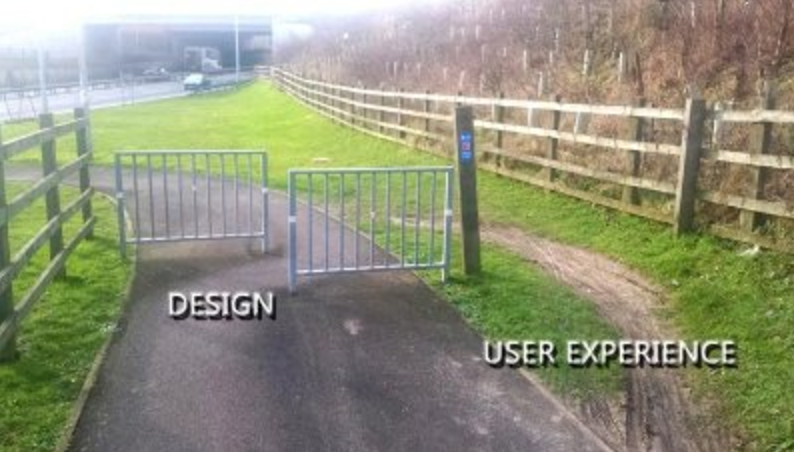Anytime you are trying to make a point, provide inspiration, or describe a process, how you communicate the material can be just as important as the substance. I have known…

Situational Intelligence. What is it and why you need it.
Anytime you are trying to make a point, provide inspiration, or describe a process, how you communicate the material can be just as important as the substance.
I have known many people in my career (and life) that when they spoke, I just “got it.” No matter how complicated the subject matter, some people just have the knack for explaining it in such a way that it instantly made sense. A very big reason is experience. The people I learn from have, what I call, “Situational Intelligence.” The ability to relate their thoughts and experiences to real life situations or examples.
Situational Intelligence can also be found in very logical people. Some people with limited experiences can offset that with a linear logical approach. The thought process takes them from Point A to Point E but they consider all the points in between. Often relating things to everyday tasks that may have a one-to-one relationship in process. “Building a website is like building a house. You start with the foundation. You put the walls up. It doesn’t really start looking like a house until you add the finishing touches. You also cannot change the doors after you reach a certain point. It will break the foundation of the house.”
An example of a more experience and audience driven method:
Doug wants a website and I am explaining to Doug the process and how it goes from Discovery to Design to Development to Deploy and I am explaining all the steps in detail. I tell Doug that the timeline is dependent on accessibility and approval response times. I’ve lost Doug. Doug nods his head and says “Oh that is great.” But in Doug’s mind, he doesn’t get it. I am attempting to create the expectations of how skewed the project can get if any changes to the workflow are introduced. Blah Blah Blah…
So, what do I do? Well, knowing Doug or knowing how “a Doug” thinks is important. So, I break out my trusty Back To The Future reference.
Hey Doug, so, just to clarify, let me give you an example of what I mean. Here we are, planning our journey together to launching the website. So I draw Doug a timeline on the whiteboard.
Here is what our plan is. We need to make sure that we stay on plan. If we change, add or move something be prepared for the “Biff Tannen” effect. An alternate timeline that we didnt plan for and the end result will be different than our initial plan. So I draw this for Doug.
Now, assuming what I know about Doug, I just related our situation to a simple movie reference that both engages Doug in the conversation, sets the expectation and most importantly provides a reference of our conversation that Doug wont forget.
That is situational intelligence. The ability to be more focused on the audience of the material and explaining it in a way that is memorable and understandable.



